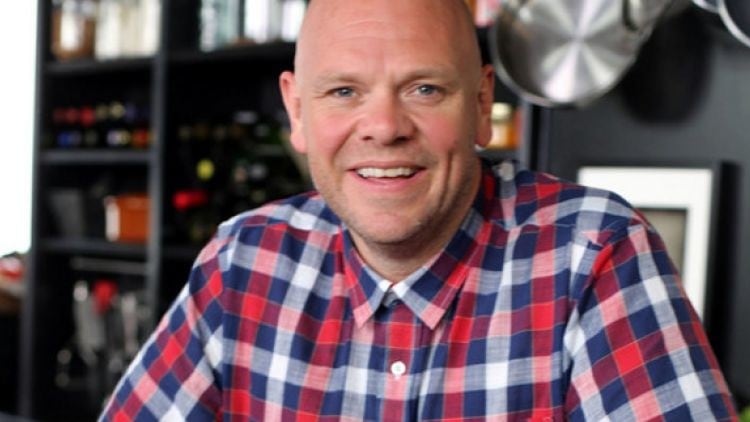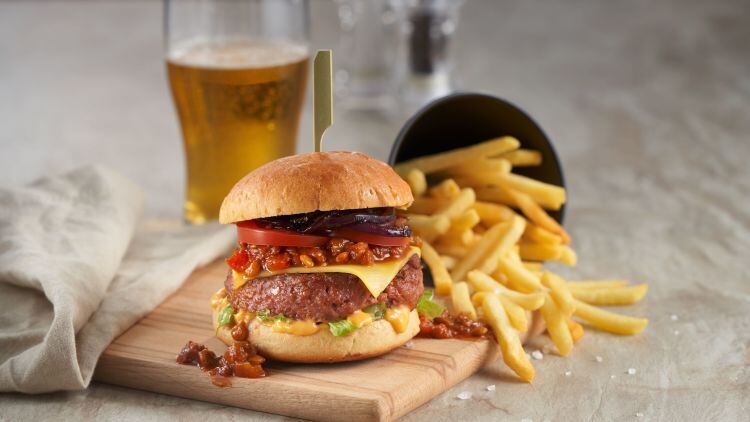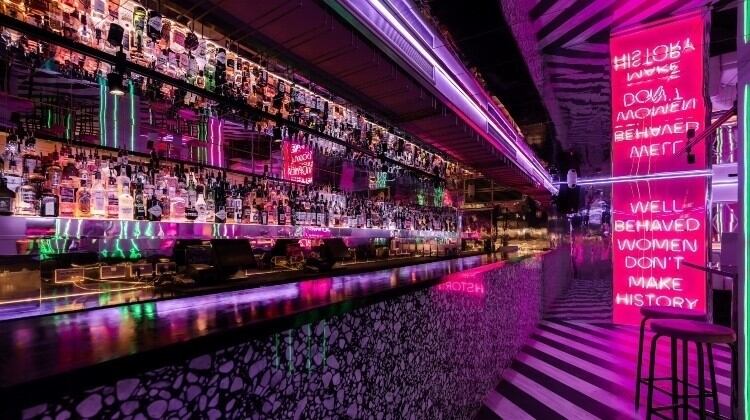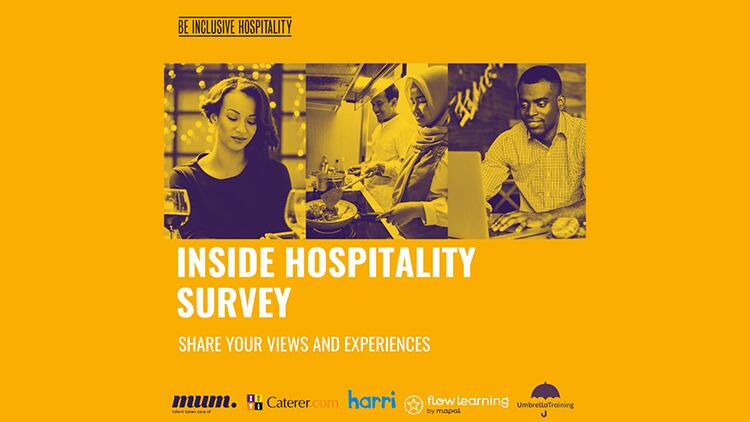Kerridge called quits on alcohol just before his 40th birthday after recognising that drinking did not have to play such a huge role in his life.
He said: “I wouldn’t say I was alcohol dependant, but I couldn’t get through the day without it being a huge part of it. I was drinking to excess every single day.”
Kerridge’s obsessive personality meant there was no such thing as a single drink. He said: “Everything I do I commit to, so when it came to drinking, I was 100% committed to it.
“[…] It was an escape route from those built-up pressures of working, of running a business, of being a chef, of having two Michelin stars, of being on television and of somebody always wanting a piece of you.”
While Kerridge was “very pleased” to now be teetotal, he has no regrets about his drinking history, and misses moments such as drinking wine at dinner with friends.
“Some of the best times I’ve ever had have been around alcohol and living life at 100 miles an hour at 100%,” he said.
The self-indulgence of heavy drinking is a feeling Kerridge now seeks in trips to the gym and cross-country night drives to Manchester as opposed to alcohol.
Hard to find balance
Kerridge said hospitality drew in those with slightly addictive personalities, with the “exhilarating and fun” nature of the industry making it easy to fall into the trap of heavy drinking or substance use.
He said: “The industry attracts fun, loving, creative, excessive, brilliant people that are there to help create an energy and a vibe for guests to switch into,” albeit this be at a busy bar, vibrant restaurant or fantastic club.
“People go out for dinner or go out to clubs or bars and pubs to escape a sometimes mundane lifestyle.
“Whereas, if you're in hospitality, your life is about excitement, late nights, meeting people, buzz, adrenaline.”
Furthermore, Kerridge said it was much harder to find balance in a hospitality job than a classic Monday-to-Friday, nine-to-five role.
For example, an accountant would not be subject to clients drinking or a DJ in the workplace, whereas in hospitality you are "surrounded" by alcohol.
“You are selling it, you're a part of it; you get invited to wine tastings, you get invited to breweries,” said Kerridge, making dependency harder to avoid.
Help and guidance
However, Kerridge believed the alcohol, late nights and fun people to be an “exciting” part of the industry’s draw.
He said: “To say to people, ‘join the industry, but don't drink or don't be a part of it’ is very difficult.
“[…] The narrative doesn't need to be about stopping people having fun. What you need to do is to be able to show them when the excess is becoming too much, how to recognise it in themselves and to help them get out of it.”
For Kerridge, it was important employers were non-judgemental when helping staff struggling with addiction.
He said: “You have to help and guide people, but you can't be the person that solves that problem.
“Everybody who is in that situation knows [the consequences], so you just have to be there to help them pick up the pieces.”
“[…] We don't want to become fun sponges. It’s about helping people make adult decisions, self-recognition, and just showing a light in the right direction for guidance.”




